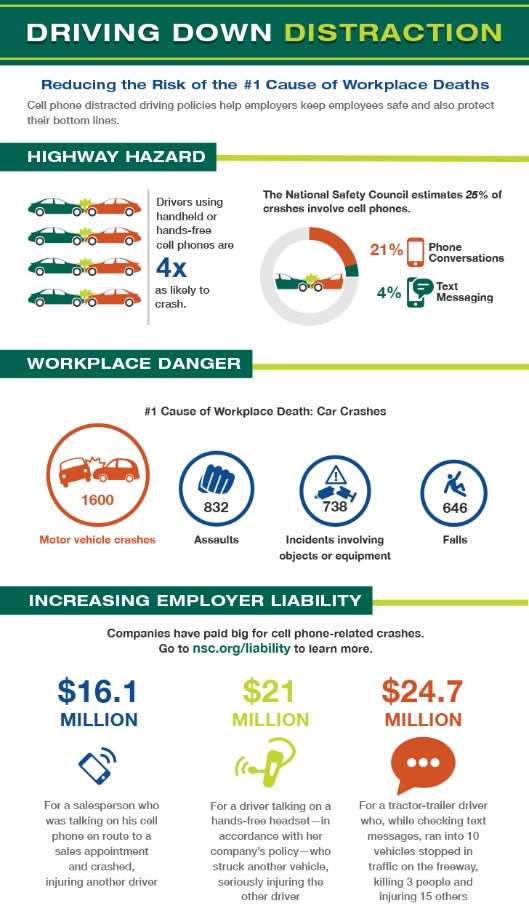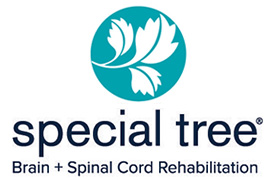We work vigorously in partnership with our provider network to establish, protect, and preserve the laws, policies, and systems that comprise the very foundation of Michigan’s robust network of brain injury caregivers.
Grassroots advocacy is an effective tool for citizens wanting to be involved in the democratic process of our government. The Brain Injury Association of Michigan monitors and maintains an active advocacy presence with state government and, in conjunction with Brain Injury Association of America, with the federal government. We promote policies and legislation that prevent brain injury and enhance the care, services, and support available to people with brain injuries and their families. In doing so, we advocate on behalf of the entire brain injury community and, not infrequently, the disability community in general. We make certain that officials in state and federal government are aware of current issues that relate to brain injury. The Association also helps people affected by brain injury learn how to advocate for needed services and support.
BIAMI’s Legislative Focus: Key Issues
Auto No-Fault
One of the BIAMI’s most important advocacy issues is to maintain and preserve Michigan’s auto no-fault insurance system, signed into law by Governor William Milliken and made operational in 1973.
Designated as the best in the nation by Consumer Reports, Michigan’s auto no-fault (ANF) system ensures that individuals injured in a motor vehicle accident, regardless of fault, will have appropriate medical and rehabilitative care as long as needed and whatever the cost. ANF is the primary reason Michigan has the nation’s largest and highest quality network of brain injury providers, and has made it possible for those catastrophically injured in vehicular accidents to achieve the highest quality of life possible while sparing their families the necessity of bankruptcy and insolvency, as well as the challenges of personally, and often permanently, caring for their loved one on a 24×7 basis.
BIAMI provides leadership and participates in the activities of the Coalition Protecting Auto No-Fault (CPAN). This coalition is comprised of over 214 individuals, consumer organizations, nonprofit organizations, advocacy organizations, and numerous health-related associations.
Recent upticks in auto accidents, injury, and death have largely been attributable to the increase in cell phone use, and especially texting. This is serious for all drivers but particularly affects teen and young adult drivers, who may already be distracted by loud music and conversation with passengers. The BIAMI has joined with other organizations in advocating for appropriate penalties to discourage distracted driving.
Recent upticks in auto accidents, injury, and death have largely been attributable to the increase in cell phone use, and especially texting. This is serious for all drivers but particularly affects teen and young adult drivers, who may already be distracted by loud music and conversation with passengers. The BIAMI has joined with other organizations in advocating for appropriate penalties to discourage distracted driving.
Contacting your Legislators
Whether you are responding to an Action Alert or simply wish to express your concerns to your government representatives, your voice is important! Please click “Write to your Michigan Legislators ONLINE” to to help you determine who they are and provide you with the opportunity to write, call, tweet, or leave them a Facebook comment.
Helpful Hints
Generally, a personal letter (or e-mail) is more effective than a phone call, but a phone call can have a significant impact, especially when compared to a form letter. That’s because a staff person from the legislator’s office will typically handle a phone call, record the important information, and relay the message to the legislator, whereas legislators will occasionally bring the most moving letters with them when it is time to vote on a bill. The bottom line is that whether expressed to a legislator in person, by phone, by email, or by letter, your voice is important and makes a difference!
Being a constituent makes your voice more powerful
Anyone can lobby a legislator and advocate for a cause or issue, but if you’re a constituent – meaning you reside in his or her district or state, and the legislator knows you’ll be voting for or against him or her, and influencing other constituents, what you have to say invariably means more.
Generally, a personal letter (or e-mail) is more effective than a phone call, but a phone call can have a significant impact, especially when compared to a form letter. That’s because a staff person from the legislator’s office will typically handle a phone call, record the important information, and relay the message to the legislator, whereas legislators will occasionally bring the most moving letters with them when it is time to vote on a bill. The bottom line is that whether expressed to a legislator in person, by phone, by email, or by letter, your voice is important and makes a difference!
Being a constituent makes your voice more powerful
Anyone can lobby a legislator and advocate for a cause or issue, but if you’re a constituent – meaning you reside in his or her district or state, and the legislator knows you’ll be voting for or against him or her, and influencing other constituents, what you have to say invariably means more.
Learn More
To make your voice as powerful as possible, here are some tips on how to be an effective advocate. The links below provide a more detailed discussion.
- Community Tool Box: General Rules for Organizing for Legislative Advocacy
- Texas Council for Developmental Disabilities: Legislative Advocacy Tips
- Association of People Supporting Employment First: Legislative Handbook
- Children and Adults with Attention-Deficit/Hyperactivity Disorder (CHADD): CHADD Advocacy Manual
Research and understand the issue
The more you fully comprehend the topic you’re advocating for, the greater the likelihood that legislators will value your perspective. It helps, too, to understand who the opposition is, why they’re opposed, and what are their arguments. The better you grasp the opposition’s arguments, the better you can formulate counter-arguments.
Understand the issue’s financial implications
Your local, state, and federal representatives have to weigh the cost of proposed legislation against its budget impact. By gaining a thorough understanding of your position’s costs, as well as any overall savings it may provide, you’ll gain your legislator’s respect and appreciation.
No matter how technical or complicated the issue, personal stories help
Anecdotes about how real people deal with the current situation and how they could benefit from fixing the problem make the issue more memorable in your legislator’s mind, and more real for his or her colleagues and constituents, as well as the media.
Amplify your voice by being part of a coalition
While a single voice makes a difference in advocating for an issue, joining forces with other advocates makes legislators, the opposition, and the media really take notice. So if the opportunity exists, recruit other individuals to your cause or consider aligning with groups or organizations whose position on the issue is similar to yours.
Use the media
By keeping in touch with reporters who cover the issue you’re interested in, or whose news beat is the appropriate legislative body, you help them gain a perspective on your views and their coverage can also influence legislators and the public.
Learn More
To make your voice as powerful as possible, here are some tips on how to be an effective advocate. The links below provide a more detailed discussion.
- Community Tool Box: General Rules for Organizing for Legislative Advocacy
- Texas Council for Developmental Disabilities: Legislative Advocacy Tips
- Association of People Supporting Employment First: Legislative Handbook
- Children and Adults with Attention-Deficit/Hyperactivity Disorder (CHADD): CHADD Advocacy Manual
Research and understand the issue
The more you fully comprehend the topic you’re advocating for, the greater the likelihood that legislators will value your perspective. It helps, too, to understand who the opposition is, why they’re opposed, and what are their arguments. The better you grasp the opposition’s arguments, the better you can formulate counter-arguments.
Understand the issue’s financial implications
Your local, state, and federal representatives have to weigh the cost of proposed legislation against its budget impact. By gaining a thorough understanding of your position’s costs, as well as any overall savings it may provide, you’ll gain your legislator’s respect and appreciation.
No matter how technical or complicated the issue, personal stories help
Anecdotes about how real people deal with the current situation and how they could benefit from fixing the problem make the issue more memorable in your legislator’s mind, and more real for his or her colleagues and constituents, as well as the media.
Amplify your voice by being part of a coalition
While a single voice makes a difference in advocating for an issue, joining forces with other advocates makes legislators, the opposition, and the media really take notice. So if the opportunity exists, recruit other individuals to your cause or consider aligning with groups or organizations whose position on the issue is similar to yours.
Use the media
By keeping in touch with reporters who cover the issue you’re interested in, or whose news beat is the appropriate legislative body, you help them gain a perspective on your views and their coverage can also influence legislators and the public.








